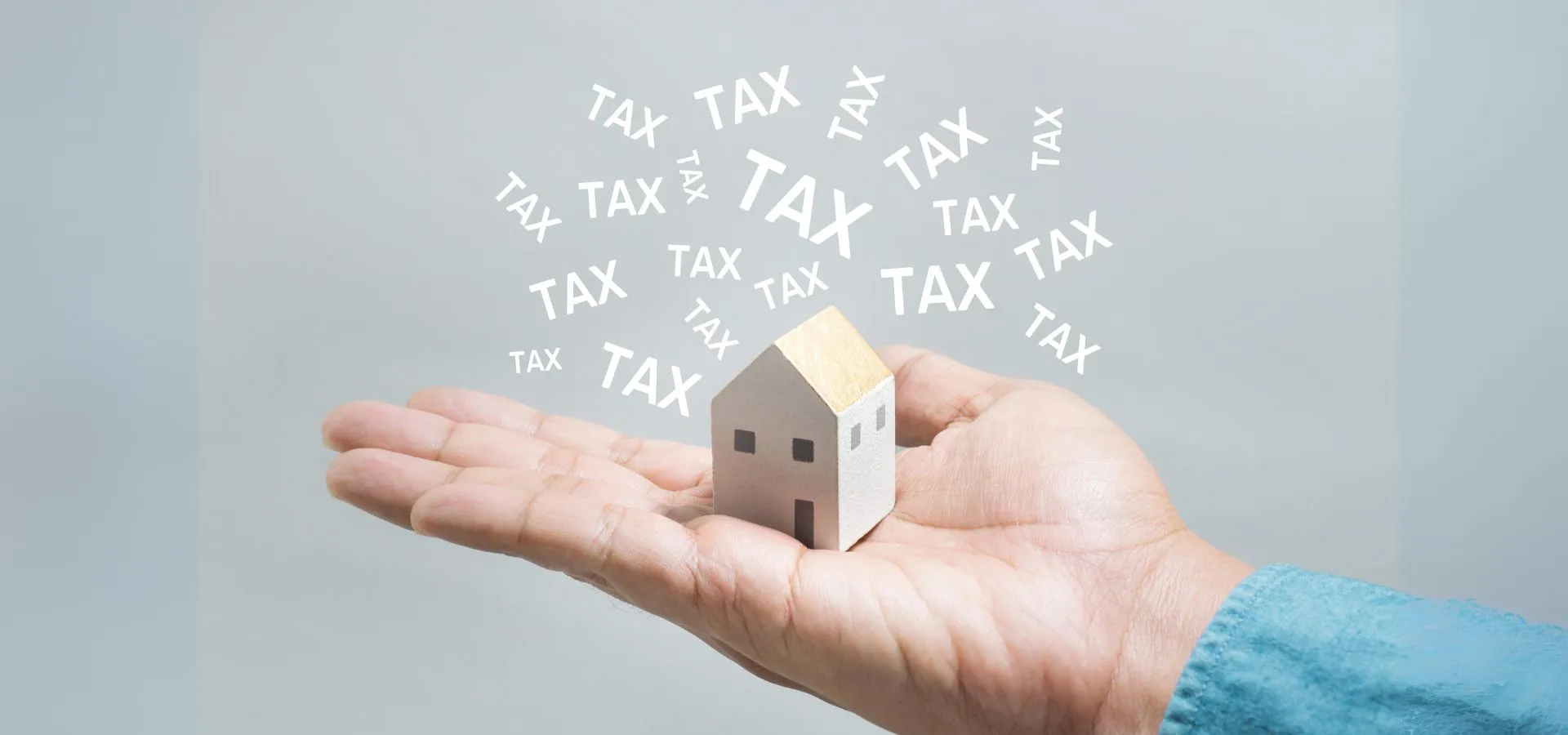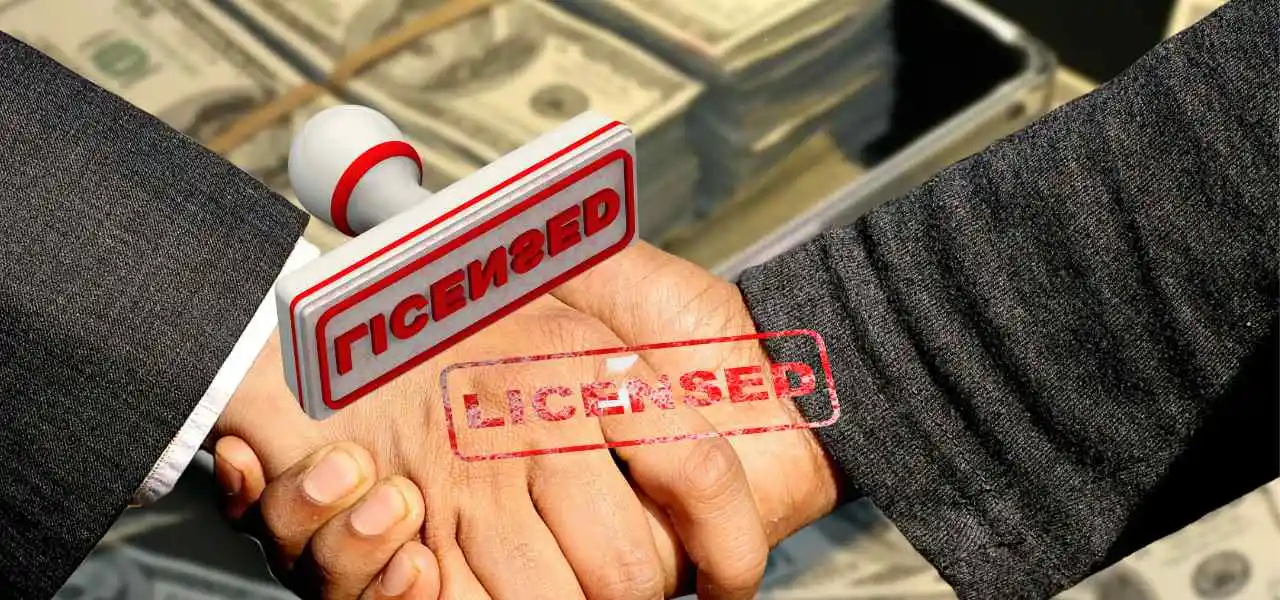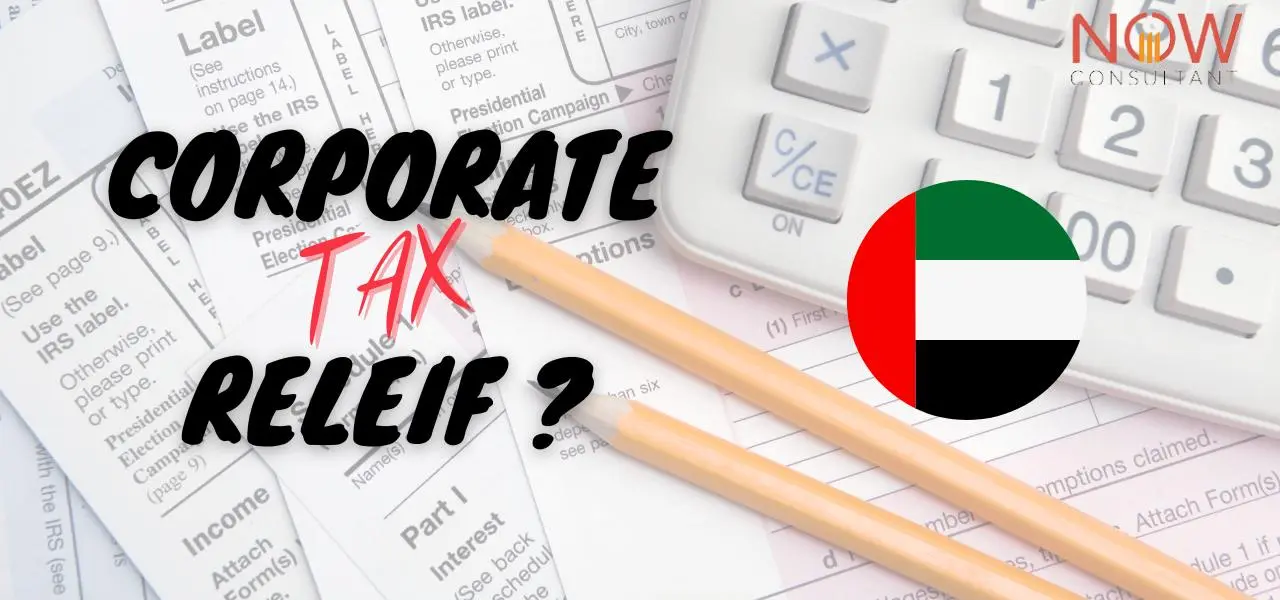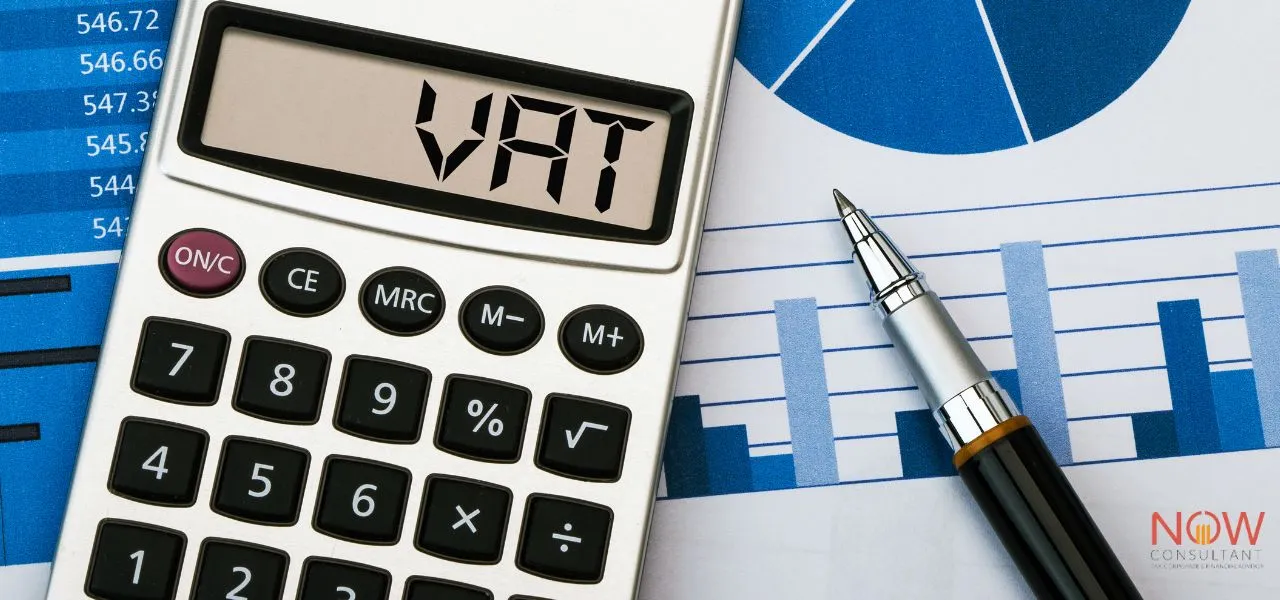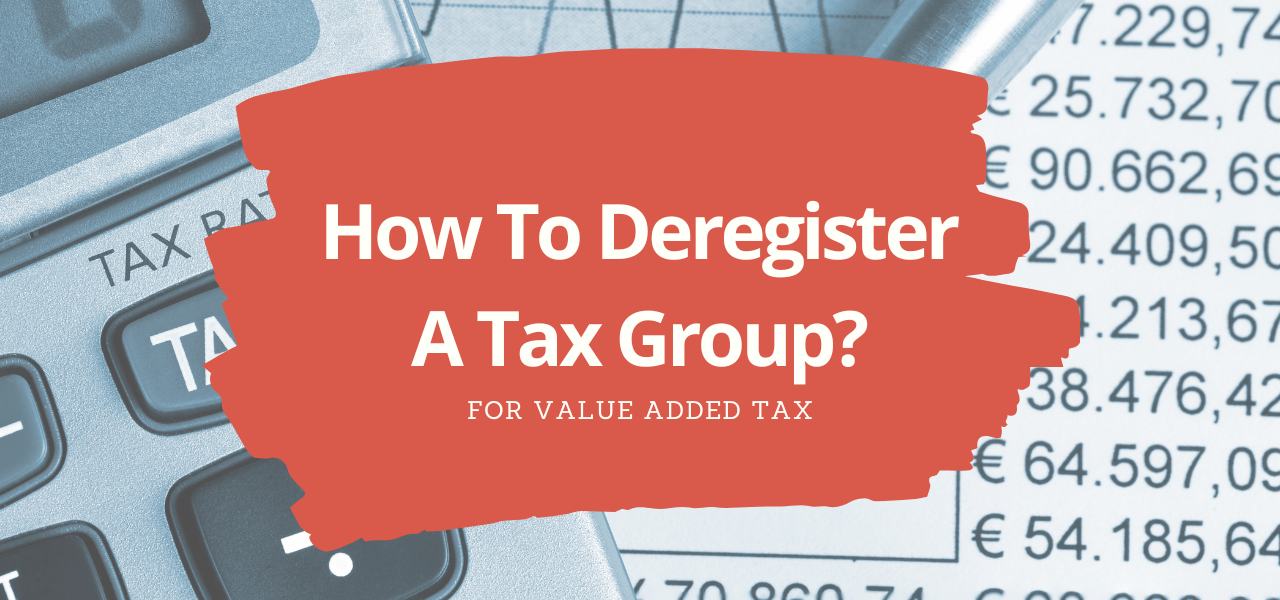According to a recent global property tax report from UK property firm Knight Frank and accounting giant EY (Worldwide Corporate Tax Guide 2023), Dubai stands out for having one of the lowest property purchase taxes compared to 15 other cities worldwide. It revealed that Dubai’s property fees amount to 3.6% over five years.
Dubai ranked second lowest in this aspect across the World. Along with the reports, Federal Law Decree updates, implemented by Sheikh Mohamed Bin Zayed Al Nahyan, analyzed property-related VAT exemptions in Dubai. Thus, let’s explore the hidden treasures in the tax of the real estate sector and tips for property owners in Dubai.
No Direct Taxes on Properties in Dubai
Dubai doesn’t have property taxes, which makes it attractive for investors and residents. Instead of property taxes, Dubai has multiple ways to collect money, like oil and commercial prices: When you buy a property, you pay a 4% fee. Also, property owners pay 5% of the average rent they would get in Dubai, and they have to cover property maintenance costs according to the land acquired.
Property Handling Fee in Dubai
Dubai doesn’t have annual property taxes for homes, apartments, or business properties. Also, when you buy or rent a place to live, you don’t have to pay value-added tax (VAT). However, that doesn’t mean any fees for property owners or renters in the UAE. Both renters and property owners may have to pay some other charges.
Following is the explanation of the property charges fees:
1. Fees Paid when Purchasing Land or Residential Real Estate
Land Department fee: 4% of the property’s value in Dubai.
Certification fee: AED 430 ($117) for land, AED 580 ($158) for apartments and houses.
Registration fee: AED 2,000 ($544) for properties valued at AED 500,000 or less, AED 4,000 ($1,088) for higher-valued properties acquiring a property with a mortgage, the applicable fee is 0.25% of the approved mortgage sum.
Administrative fee: To obtain a document confirming your property ownership in Dubai, you’ll incur a cost of AED 260 ($70), which takes three days.
Real estate agency commission: Typically 2% of the property’s price.
No Objection Certificate (NOC): The fee ranges from AED 1,000 to AED 5,000 ($272 to $1,361) and applies to completed operational buildings.
Builder fee: AED 5,000 ($1,361) for apartments or commercial spaces in buildings still under construction.
2. Cost of Rent for Commercial Residential Properties in the UAE
In the UAE, cities like Dubai have a cost of the rent you pay for your home. Usually, the person renting the home pays this tax. The amount of tax depends on how much rent you pay each year, and the rates can differ in different communities. In Dubai, if you’re renting a place to live, you’ll pay 5% of your yearly rent as rental tax. The rent tax is 10% of the yearly rent if it’s a commercial space.
3. Property Maintenance Costs in the UAE
As discussed above, there are no property taxes in Dubai for residential, but property owners must handle property upkeep, like cleaning shared spaces and maintaining utilities. If you own a place in a serviced neighborhood, annual fees can range from AED 3 to 30 per square foot. For example, a 1432-square-foot apartment could have a yearly fee of AED 17,227. However, this doesn’t cover electricity or water costs. If you use more utilities than others in the area, your fees might go up to account for the added strain on the building’s systems.
Property Deals Exempted From VAT in Dubai
Law for Real Estate Deals Exempted From VAT
In 2018, the UAE introduced a 5% VAT on things you buy and services you use. This included properties, thanks to the VAT law (Federal Decree-Law No. 8 in 2017). However, in 2022, Sheikh Mohamed Bin Zayed Al Nahyan, President of the UAE, implemented significant adjustments in which certain kinds of real estate transactions no longer need VAT.
Exemptions From VAT In Real Estate Sector
Below is a list of the various property types in the UAE exempt from VAT.
1. VAT Relief For Residential Properties
The Federal Tax Authority (FTA) in the UAE defines various residential properties, such as nursing homes, orphanages, and non-serviced villas, all eligible for a VAT exemption, offering a tax advantage to property owners and tenants alike.
2. VAT Exemption for Homes Used Only as Residences
If you own a home only for living in and not for business, you don’t have to charge VAT. This means you can’t ask your tenants to pay VAT; when you sell the property, no VAT is added.
3. VAT Relief for Tenants
Renting individually is granted total exemption from VAT. Aside from rent, VAT applies to tenants’ utility bills, air conditioning, and agency fees.
4. VAT Relief For Off-Plan Property
Off-plan properties in the UAE enjoy a VAT exemption for three years following completion. This relief offers investors a sufficient window to recoup the VAT incurred during the construction phase.
5. VAT Relief for Property Owners
While commercial properties in the UAE are not granted total VAT exemption, property owners are obligated to pay a 5% VAT. However, they can recover this VAT through rental income from commercial properties and property transactions.
6. VAT Relief For Buyers
Buyers can reclaim the VAT they pay during property transactions through tax returns. However, buyers must monitor the property’s usage. If the property is employed for a purpose that qualifies for VAT exemption, the government will make the necessary VAT adjustments accordingly.
7. Designated Zones in Dubai:
Dubai’s designated free zones include Jebel Ali, Dubai Aviation City, Dubai Cars and Automotive Zone, Dubai Airport Free Zone, Dubai Textile City, Al Quoz, and Al Qusais. This VAT exemption reduces transaction costs, benefiting the UAE’s real estate sector.
Tips for Property Owners In UAE:
Useful Tips for Property Owners are:
- Financial Affordability: Check Your Finances Before Buying Property. Remember to account for more than just the purchase price, including maintenance, fees, and taxes, which may add up to 7-8% of the property’s value
- Financial Prudence: Avoid over-committing financially. Ensure you have sufficient funds to cover mortgage installments, especially when buying an apartment still under construction.
- Rental Yields: In the UAE, rental yields typically average around 5% annually. If you plan to rent out your property, ensuring that the rental income can effectively cover your mortgage payments and maintenance expenses is essential.
- Leverage Designated Free Zones: Consider investing in properties in designated free zones in Dubai for tax advantages. These zones offer VAT relaxation for property owners.
- Utility Bill Management: Property owners control utility bills, such as energy consumption. Effectively managing utility bills can help offset net property fees in Dubai.
- Consider Your Staying Period: Consider your long-term plans before investing in UAE real estate. Assess whether committing to the UAE for an extended period aligns with your goals, as renting may be a more profitable option in some cases.
- Stay Updated on Market Dynamics: Staying well-informed about the ever-changing property market can give you a valuable advantage. New properties may be on the horizon, or prices in certain areas may fluctuate. Informed decisions lead to better deals.
- Location Matters: Consider your family’s lifestyle and the amenities you require nearby. Choose a Location that Matches Your Unique Requirements, Whether It’s Educational, Dining, or Leisure Facilities.
- Property Quality: Examine the age and condition of the property you’re considering. Determine if any refurbishments are needed and confirm the developer’s track record behind the property’s construction.
How Can We Help?
The NOW Consultant is the best option for assisting Dubai property owners with navigating the city’s property tax regulations. NOW Consultants stay updated on the latest changes in tax laws, like VAT exemptions, and guide property ownership changes and registration requirements. With a team of tax specialists and audit experts, NOW Consultant offers a simple and time-efficient process to help property owners maintain compliance with UAE legal requirements and ensure a smooth experience in Dubai’s dynamic real estate sector.


